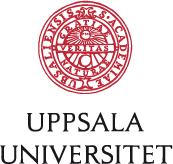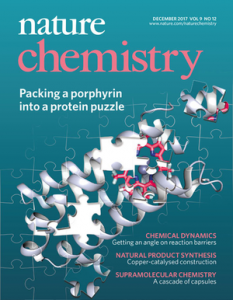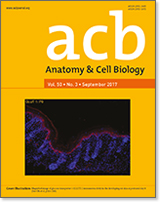
Plagiarism scandals involving top government officials in the Balkans are not rare. But when Croatia’s defense minister Damir Krstičević was accused last week of plagiarizing parts of his research project, things got ugly.
The minister summoned a press conference within a day, in which he indignantly downplayed any plagiarism accusation and turned the tables by verbally attacking the journalist who first printed the allegations. Following the press conference, the journalist received death threats on social media.
Nenad Jarić Dauenhauer, science reporter for a popular news website, Index.hr, reported how the minister’s 1997/98 paper at the United States Army War College in Carlisle, Pa., contained several paragraphs that seemed to be completely copied from two other works.
Whether the college will act on this new revelation is unclear. The public affairs office hasn’t yet responded to our request for comment.







 The U.S. National Institutes of Health has noticed something: More of the research it’s funding is ending up in questionable journals. Recently, the agency
The U.S. National Institutes of Health has noticed something: More of the research it’s funding is ending up in questionable journals. Recently, the agency